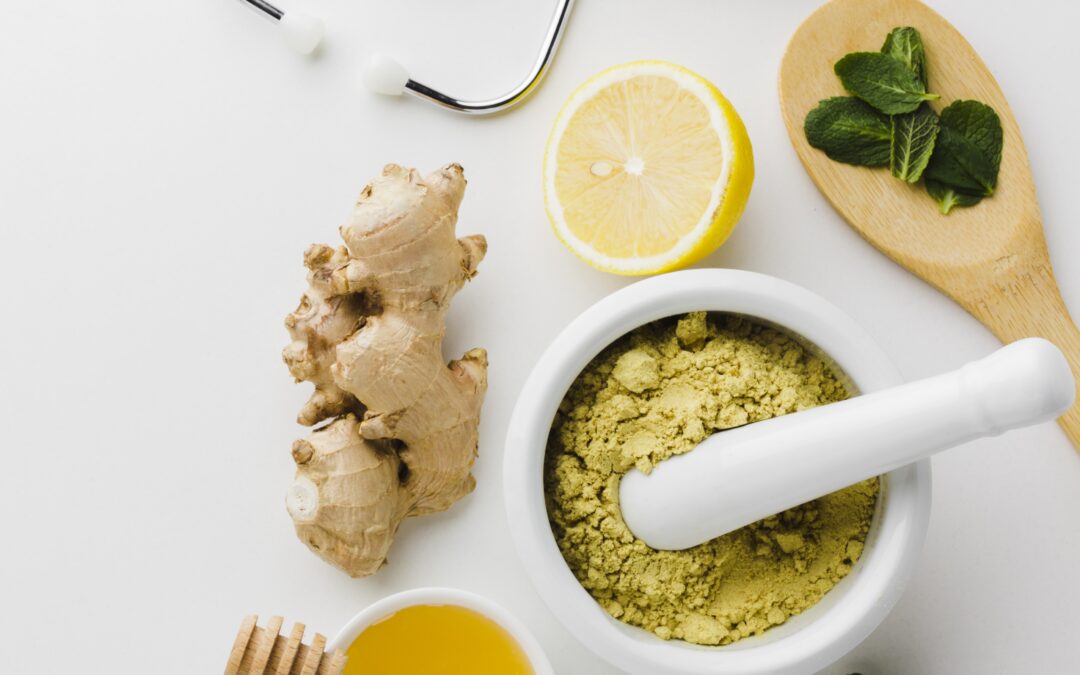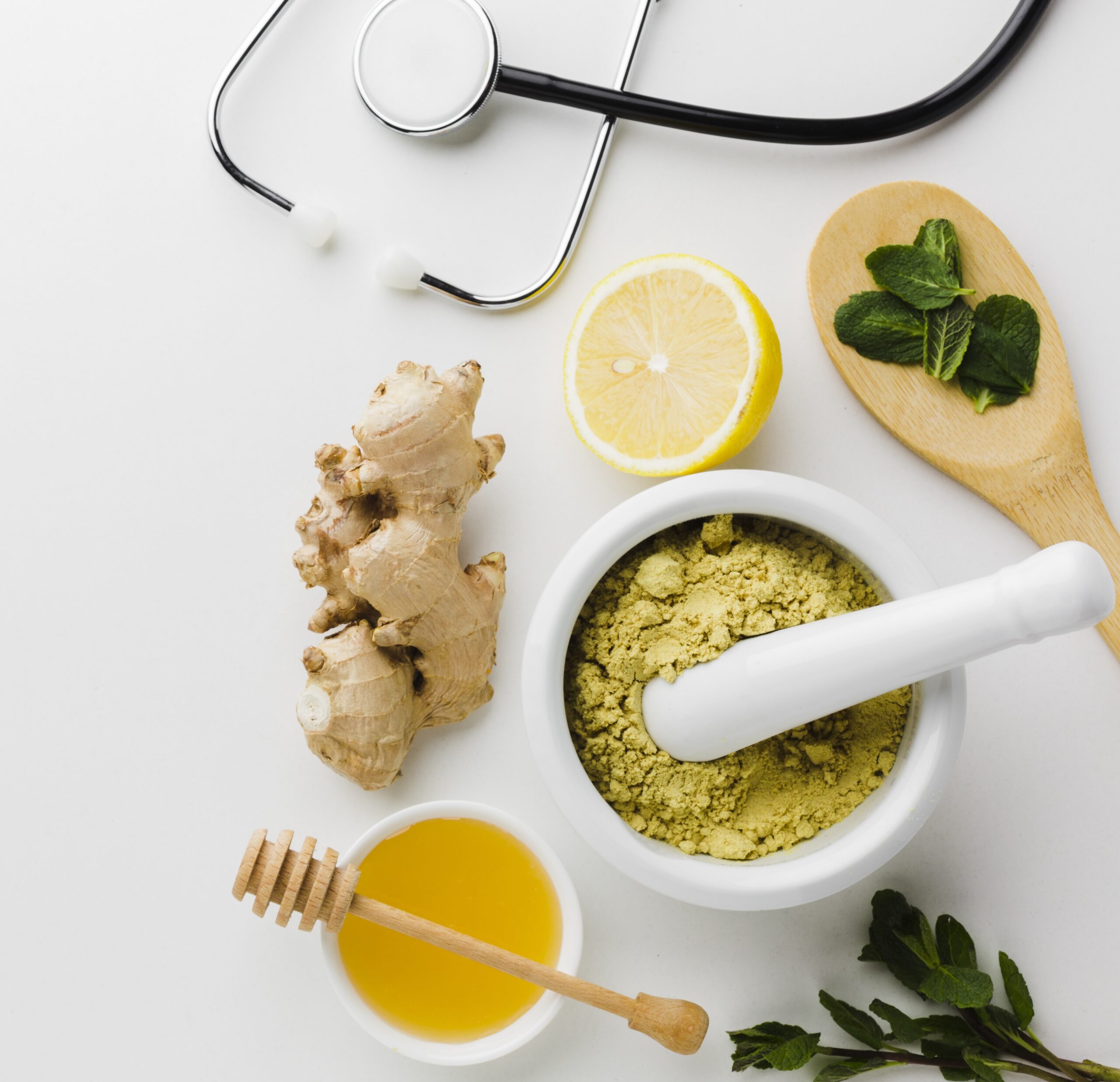Introduction: The Timeless Appeal of Natural Remedies
From the dawn of humanity, individuals have looked towards nature as a source of healing. Before the rise of modern medicine, herbs, roots, and various plant-derived concoctions were the primary means of addressing health issues. Today, even with advanced medical technology, the allure of natural remedies remains strong. People are increasingly leaning towards holistic wellness, recognizing that nature offers a treasure trove of solutions without the risk of synthetic additives.
Five Powerful Natural Remedies and Their Benefits
1. Turmeric (Curcuma longa): Benefit: It contains curcumin, a powerful antioxidant with anti-inflammatory properties. Turmeric can potentially help in the management of oxidative and inflammatory conditions, metabolic syndrome, and arthritis, among others.
2. Lavender (Lavandula angustifolia): Benefit: Widely known for its calming effects, lavender essential oil can alleviate anxiety, sleep disturbances, and even some types of pain. A simple whiff can transport one to a place of peace and serenity.
3. Ginger (Zingiber officinale): Benefit: Beyond its culinary uses, ginger has potent anti-nausea effects. It’s particularly effective for pregnancy-related nausea, chemotherapy-induced nausea, and postoperative nausea.
4. Aloe Vera (Aloe barbadensis miller): Benefit: This succulent plant isn’t just for sunburns. It’s renowned for its soothing properties, making it excellent for skin conditions such as burns, rashes, and cuts. Additionally, its internal use can support digestion.
5. Echinacea (Echinacea purpurea): Benefit: Often turned to at the first sign of a cold, echinacea is believed to boost the immune system, helping ward off or lessen the severity of viral respiratory infections.
Understanding When and How to Use Natural Remedies Natural remedies are not a one-size-fits-all solution. It’s essential to remember that “natural” doesn’t always mean “safe” for everyone, everywhere, and in any amount. It’s crucial to:
- Do thorough research or consult professionals before starting any remedy.
- Consider the appropriate dosage, preparation, and application.
- Recognize that some ailments may require conventional medical treatment, with natural remedies serving as complementary solutions.
Safety Considerations and Interactions While many natural remedies have a long history of use, it’s essential to approach them with an informed perspective:
- Allergies: Just like with foods or other substances, people can be allergic to herbs and plants.
- Interactions: Some natural remedies can interfere with medications. For example, St. John’s Wort is known to interact with various prescription medications.
- Pregnancy and Breastfeeding: Always consult with a healthcare provider before using any remedy during pregnancy or while nursing.
- Overuse: Natural doesn’t mean it can be used indiscriminately. Overuse can lead to adverse effects.
Conclusion: Integrating Nature into Modern Wellness In our fast-paced, technologically-driven world, it’s comforting to know that nature still holds solutions to many of our health concerns. When used mindfully and in harmony with modern medicine, natural remedies can provide a holistic approach to wellness, rooted in centuries of tradition and the inherent wisdom of the earth.


